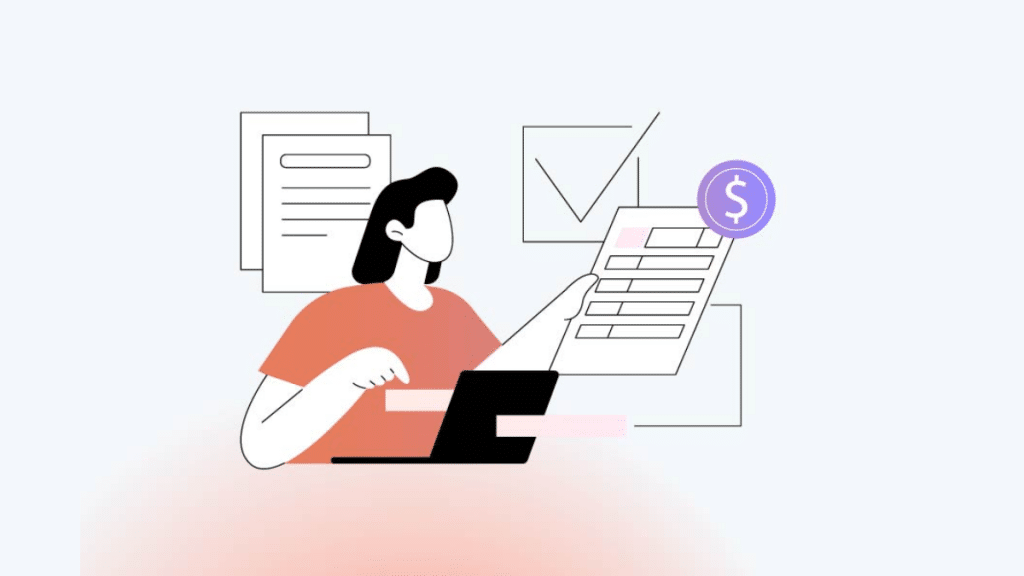The success of any business or organization hinders on managing finances efficiently in senior living, whether it’s a retirement, assisted living, or skilled nursing community. Accurate accounting practices are essential for maintaining operations and ensuring that residents receive quality care. Over the past several years, cloud accounting software has emerged as a game-changer. Many software-based accounting software offer streamlined financial management solutions tailored to the unique needs of senior living organizations.
Here are seven tips for implementing cloud accounting software in your own community:
1. Assess Your Needs: Before diving into any cloud-based accounting software, you should assess your organization’s specific accounting needs. This evaluation will help you select a cloud accounting solution that aligns with your unique requirements. Factors to consider include:
- Size of your operation.
- Complexity of financial transactions.
- Compliance requirements (a must in senior living!).
- Integration with existing systems.
2. Choose a User-Friendly Platform: Opt for cloud-based accounting software that is intuitive and user-friendly, especially for staff members who may not have extensive accounting backgrounds. A simple interface with easy navigation will drive faster adoption and minimize training time. Efficiently training your staff will also help to reduce errors and ensure a more seamless transition.
3. Ensure Compliance and Security: Given the sensitive nature of financial data in senior living organizations, you should prioritize compliance and security features when selecting cloud accounting software. Look for platforms that adhere to industry standards, such as:
- HIPAA compliance to protect personal health information.
- Offering robust data encryption
- Providing regular, automated backups.
- Ensuring secure access controls.
4. Integration Capabilities: Seamless integration with existing software systems will minimize disruptions during the implementation phase. Choose a software solution for senior living that offers integration with commonly used applications in the senior living industry. This may include electronic health records systems or payroll software.
5. Embrace Mobility and Accessibility: One of the key advantages of cloud accounting software is its accessibility from anywhere with an internet connection. Encourage your staff members to leverage mobile devices, such as tablets or smartphones. This will allow them to make informed decisions on the go using real-time access to financial data.
6. Seek Feedback from Stakeholders: Solicit feedback from various stakeholders, including administrators, finance staff, and residents or their families, to gauge the effectiveness of the cloud accounting software. You can use this input to identify areas for improvement and implement necessary adjustments to optimize the system further. This means being open to all types of feedback, however, and a willingness to make appropriate changes.
7. Monitor and Analyze Financial Data: Leverage the reporting and analytics capabilities of your cloud accounting software to gain valuable insights into your organization’s financial health. Part of analysis should include:
- Monitoring key performance indicators (KPIs)
- Tracking revenue streams.
- Identifying cost-saving opportunities to drive operational efficiency and long-term sustainability.
By following these tips, organizations can successfully roll out cloud accounting software to streamline financial management, enhance transparency, and ultimately improve the quality of care. Embracing technology-driven solutions tailored to the senior living sector will position organizations for long-term success in an ever-evolving healthcare landscape.
Start exploring options for implementing cloud-based accounting software or look into consulting services to set your senior living organization up for success.
